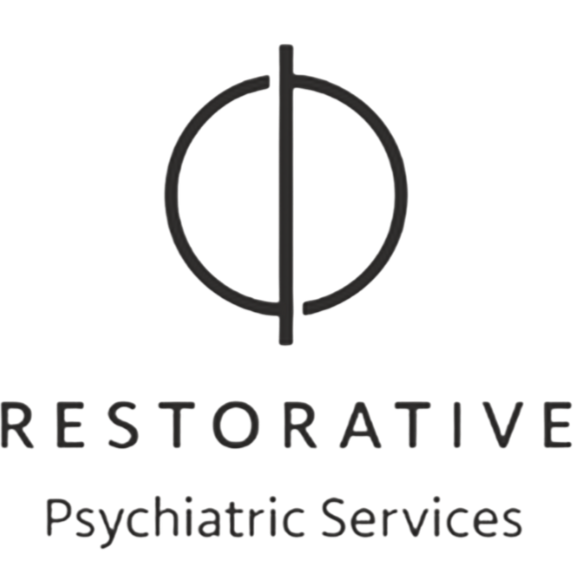Eating Disorders
Common Types of Eating Disorders
Anorexia Nervosa: Intense fear of gaining weight, severe food restriction, and often a distorted body image. Individuals may see themselves as overweight even when underweight.
Bulimia Nervosa: Cycles of binge eating (eating large amounts of food in a short period while feeling out of control) followed by compensatory behaviors such as vomiting, excessive exercise, or laxative use.
Binge-Eating Disorder: Recurrent episodes of binge eating without compensatory behaviors. Often associated with guilt, shame, or distress afterward.
Avoidant/Restrictive Food Intake Disorder (ARFID): Eating very limited foods due to lack of interest in eating, sensory sensitivities, or fear of negative consequences (like choking). Not driven by body image concerns.
Eating Disorder Treatment Options
Treatment depends on the specific disorder, severity, and individual needs. A multidisciplinary approach—including medical providers, therapists, dietitians, and sometimes family support—works best.
Therapy
Cognitive Behavioral Therapy (CBT-E): A specialized form of CBT that addresses thoughts, emotions, and behaviors related to eating and body image.
Family-Based Therapy (FBT, also called the Maudsley Method): Especially effective for adolescents with anorexia or bulimia. Involves parents in supporting their child’s recovery.
Dialectical Behavior Therapy (DBT): Helps manage intense emotions and reduce binge/purge cycles.
Nutritional counseling: Provides education and support to restore healthy eating patterns.
Medication
Antidepressants (such as SSRIs): Can be helpful, especially for bulimia nervosa and binge-eating disorder.
Other medications may be considered for co-occurring conditions like anxiety, depression, or obsessive-compulsive symptoms.
Medication is usually combined with therapy rather than used alone.
Lifestyle & Support Strategies
Medical monitoring: Eating disorders can cause serious health complications (e.g., electrolyte imbalances, heart problems, bone loss), so regular checkups are critical.
Support groups: Provide connection and reduce isolation.
Structured meals and routines: Help re-establish balanced eating.
Coping skills training: For managing stress, emotions, and triggers without turning to disordered eating behaviors.

